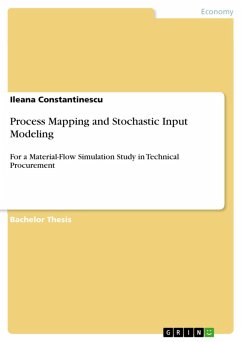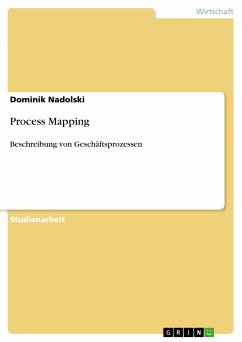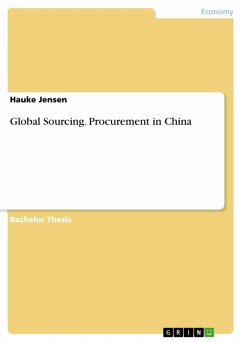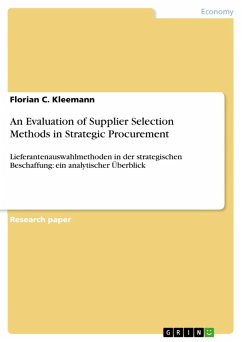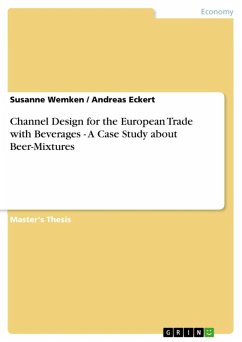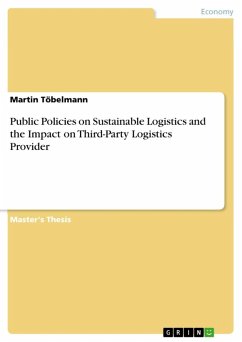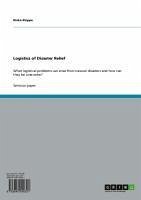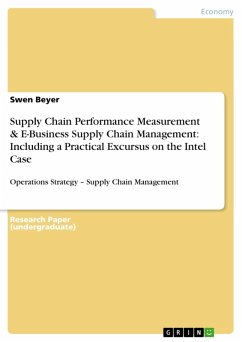Bachelor Thesis from the year 2011 in the subject Business economics - Supply, Production, Logistics, grade: 1,3, Jacobs University Bremen gGmbH (School of Engineering and Science), course: International Logistics, language: English, abstract: Lufthansa Technik (LHT) is a provider of maintenance, repair and overhaul (MRO) services for aircraft. While LHT has traditionally performed the MRO services in-house, the subcontracted operations business is gaining momentum. With about 90,000 outsourced MRO purchase orders (POs) per year, the process becomes increasingly complex. In the past, the company set the objective of achieving an average turnaround time (TAT) of five shop calendar days (SCD) for internal repair operations. One of the main goals of LHT is to achieve an average TAT of fifteen SCD for the subcontracted MRO operations, between the monitoring points 'Creation PO Requisition' (i.e.: TS 29) and 'Receive Unit Transaction' (i.e.: TS 69). The current TAT is significantly higher, with substantial process variability. The repair subcontracting value-chain consists of several processes, which fall under different areas of responsibility. Due to the stochastic nature of the series of processes and because many variables influence the overall performance of the system, a simulation study needs to be conducted. The present thesis aims to develop an analytical input model for a simulation study in technical procurement. Practical relevancy of the research problem The building of the analytical input model and subsequent simulation model is a substantial milestone towards the process optimization in the subcontracted MRO operations business. The modeling of processes as an M/M/1 queuing system is the first step needed in order to i) Simulate the processes and leverage optimization methods from the field of Production Logistics; ii) Identify whether the application of queuing theory elements for process description and analysis within technical procurement would aid in improving the processes. Theoretical relevancy of the research problem The thesis aims at applying already existing elements from queuing theory and statistics to a relatively new field - technical procurement, as to bring a contribution to the queuing science, an interface between queuing theory and practice.[...]
Dieser Download kann aus rechtlichen Gründen nur mit Rechnungsadresse in A, B, BG, CY, CZ, D, DK, EW, E, FIN, F, GR, HR, H, IRL, I, LT, L, LR, M, NL, PL, P, R, S, SLO, SK ausgeliefert werden.
Hinweis: Dieser Artikel kann nur an eine deutsche Lieferadresse ausgeliefert werden.

